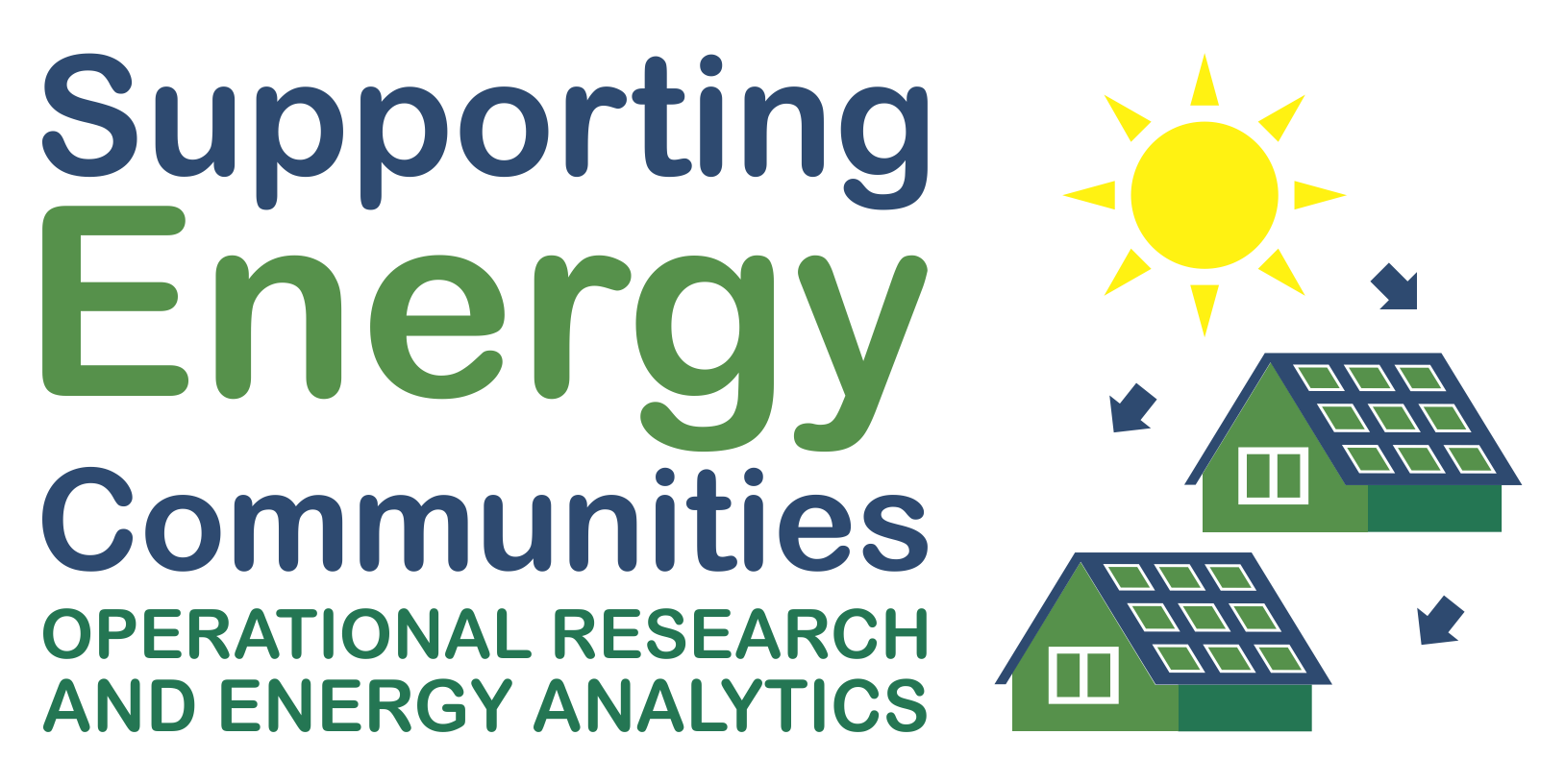Dissemination

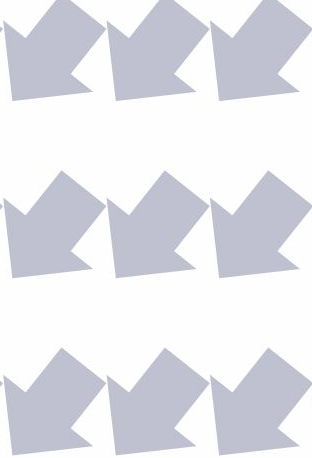
Publications
- Mutule, A., Borscevskis, O., Astapov, V., Antoskova, I., Carroll, P. and Kairisa, E., 2025. PV Energy Communities in Residential Apartments: Technical Capacities and Economic Viability. Sustainability, 17(7), p.2901. https://doi.org/10.3390/su17072901.
- Sepúlveda, J., Brotcorne, L., & Le Cadre, H. (2024, March). A Reverse Stackelberg Model for Demand Response in Local Energy Markets. Working paper or preprint. https://hal.science/hal-04525404.
- Aguayo, C., Carroll, P. and Kairiša, E., 2023, October. Data, Analytics and Algorithms to support Local Energy Communities. In 2023 IEEE 64th International Scientific Conference on Power and Electrical Engineering of Riga Technical University (RTUCON) (pp. 1-5). https://doi.org/10.1109/RTUCON60080.2023.10412878
- Korõtko, T.; Plaum, F.; Häring, T.; Mutule, A.; Lazdins, R.; Borščevskis, O.; Rosin, A.; Carroll, P. Assessment of Power System Asset Dispatch under Different Local Energy Community Business Models. Energies 2023, 16, 3476 https://doi.org/10.3390/en16083476
- Zahraoui, Y.; Korõtko, T.; Rosin, A.; Ahmadiahangar, R. Stochastic Energy Management for Battery Storage System Based Microgrid Considering Different Forecasting Models. Accepted for publication in CPE-POWERENG 2023 https://doi.org/10.1109/CPE-POWERENG58103.2023.10227451
- Agabus, H.; Korõtko, T.; Kull, K.; Rosin, A.; Palu, I. Potential Assessment of Closed Distribution System Uptake in Estonia. Accepted for publication in CPE-POWERENG 2023 https://doi.org/10.1109/CPE-POWERENG58103.2023.10227469
- Korõtko, T.; Zahraoui, Y.; Rosin, A.; Agabus, H. Digital Twins for Designing Energy Management Systems for Microgrids: Implementation Example Based on TalTech Campulse Project. Accepted for publication in CPE-POWERENG 2023 https://doi.org/10.1109/CPE-POWERENG58103.2023.10227475
- Araveti, S., Aguayo Quintana, C., Kairisa, E., Mutule, A., Sepulveda Adriazola, J.P., Sweeney, C. and Carroll, P. 2022. “Wind Energy Assessment for Renewable Energy Communities” Wind 2, no. 2: 325-347. https://doi.org/10.3390/wind2020018
- T. Korõtko, I. Drovtar, A. Mutule, E. Kairisa and A. Rosin, “Load Flow Modelling in Local Energy Community Electric Power Systems,” 2022 IEEE 7th International Energy Conference (ENERGYCON), Riga, Latvia, 2022, pp. 1-7 https://ieeexplore.ieee.org/abstract/document/9830203
- I. Drovtar, T. Korõtko, A. Mutule, E. Kairisa and A. Rosin, “Determining optimisation Framework for Local Energy Communities,” 2022 IEEE 7th International Energy Conference (ENERGYCON), Riga, Latvia, 2022, pp. 1-7 https://ieeexplore.ieee.org/abstract/document/9830444
- E. Kairisa, A. Mutule, I. Drovtar, T. Korõtko, O. Borscevskis, H.Wilkening, C.Troyer // Scenario-based Modelling of Residential Sector Consumption: A Case Study in Latvia // pieņemts un tiks publicēts LATVIAN JOURNAL OF PHYSICS AND TECHNICAL SCIENCES 2022, N 3. https://doi.org/10.2478/lpts-2022-0014
Conference presentations and other events
-
Many Singh, Deba Biswas, Paula Carroll, Supporting Energy Communities, the SEC-OREA project, poster presentation at UCD Green week Energy Hack, https://www.ucd.ie/sec/newsandevents/.
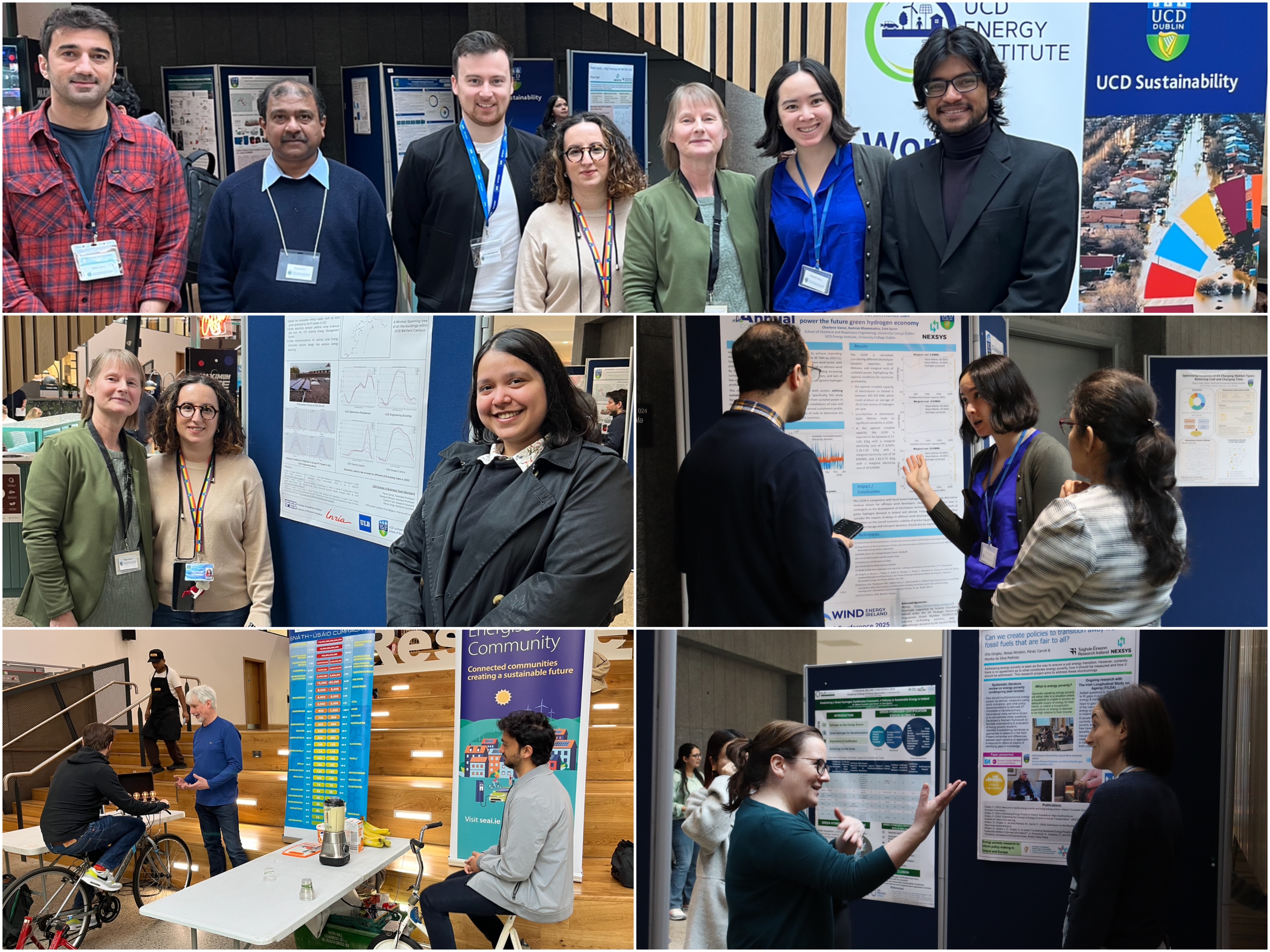
-
Deba Biswas and Paula Carroll, SEC-OREA Project Workshop successfully held in Dublin, IFORS Newsletter, p.24. https://www.ifors.org/newsletter/IFORS_Newsletter_March_2025.pdf
-
James Fitzpatrick, Juan Sepúlveda, Hélène Le Cadre, Luce Brotcorne, Victor Astapov, Paula Carroll, and Anna Mutule. A Model for Local Energy Community Management in the Presence of Distribution Network Time-of-use Tariffs, INOC 2024, the 11th International Network Optimisation Conference, March 11-13th, Dublin, Ireland.
-
Cristian Aguayo and Bernard Fortz, Unit Commitment problem with uncertain demand and renewable energy availability, INOC 2024, the 11th International Network Optimisation Conference, March 11-13th, Dublin, Ireland.
-
Juan Sepúlveda, Luce Brotcorne, and Hélène Le Cadre, A Reverse Stackelberg Game Model for Grid Usage Pricing with Local Energy Markets, IWOBIP 2024 - International Workshop on Bilevel Optimization, January 2024, Rancagua, Chile.
-
IFORS 2023, the 23rd Conference of the International Federation of Operational Research Societies, July 10-14, 2023, Santiago, Chile.
-
ORBEL 2023, May
-
Juan Sepúlveda, Luce Brotcorne, and Hélène Le Cadre, A Reverse Stackelberg Game Model for Grid Usage Pricing with Local Energy Markets, Roadef 2023, February 2023, Rennes, France.
-
Cristian Aguayo, Paula Carroll, Bernard Fortz, Evita Kairiša, Juan Pablo Sepulveda Adriazola, OR in Energy - Supporting Energy Communities, EURO 2022, the 32nd EURO Conference of the Association of European Operational Research Societeis, July 3-6, 2022, Espoo, Finland.
-
Juan Sepúlveda, Luce Brotcorne, and Hélène Le Cadre, A Reverse Stackelberg Game Model for Grid Usage Pricing with Local Energy Markets, PGMODays 2022, November 2022, Paris, France.
-
Juan Sepúlveda, Luce Brotcorne, and Hélène Le Cadre, A Reverse Stackelberg Game Model for Grid Usage Pricing with Local Energy Markets, Schloss Dagstuhl Seminar 22441, November 2022, Wadern, Germany.
-
Juan Sepúlveda, Luce Brotcorne, and Hélène Le Cadre, A Reverse Stackelberg Game Model for Grid Usage Pricing, EURO 2022, July 2022, Espoo, Finland.
-
Paula Carroll, Cristian Aguayo, Sandeep Araveti, Luce Brotcorne, Imre Drovtar, Bernard Fortz, Evita Kairiša, Tarmo Korõtko, Anna Mutule, and Conor Sweeney, Supporting Energy Communities - Operational Research and Energy Analytics, INOC 2022, the International Network Optimization Conference, June 7-10, 2022, Aachen, Germany
-
Sandeep Araveti, Conor Sweeney, and Paula Carroll, Identifying the best wind and weather datasets for local energy models in Ireland, WEI 2022, Wind Energy Ireland Annual Conference, May 12th 2022.
-
IFORS 2025, International Federation of Operational Research Societies, Newsletter Page 24, March 2025, ISSN 2223-4373
The Riga Planning Region event
The Riga Planning Region hosted an Inter-Regional Meeting on Energy Communities on April 16-17, 2024. During two-day event in Riga, participants from five European countries involved in the Interreg program ShareRES project gathered to exchange insights on Latvia’s current energy landscape, share experiences in developing tools to support energy communities, collaborate on regional self-assessment reports, and visit exemplary projects in the Pierīgas districts.
At the meeting, Olegs Borščevskis, the lead researcher from IPE SGRC, presented findings from the SEC-OREA project. He discussed various scenarios for electricity sharing in apartment buildings, considering factors such as connections to the electricity distribution system and accounting methods. Similar to projects focused on insulating apartment buildings, the initiation of electricity sharing is anticipated to encounter decision-making hurdles that will need to be addressed.
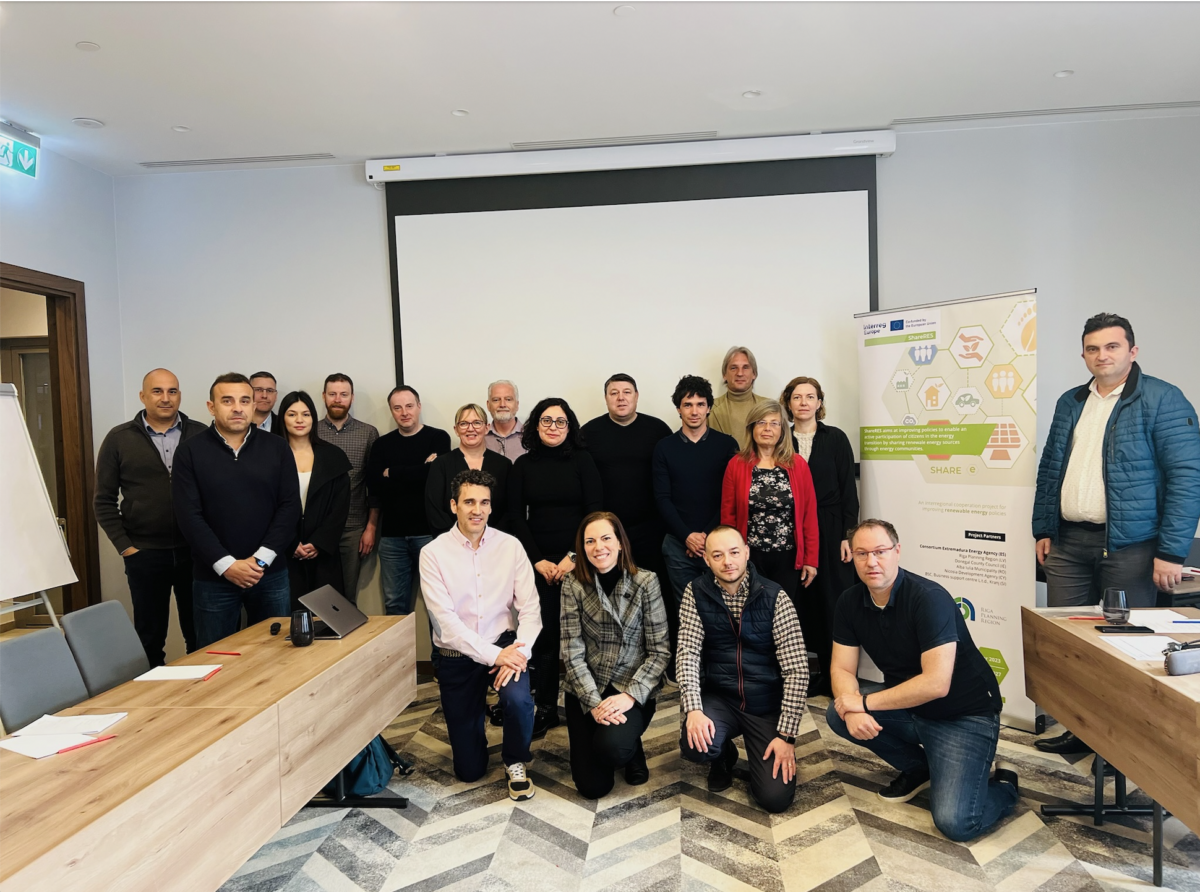
PED-EU-NET Final Conference, Linz, Austria
Anna Mutule, representing the SEC-OREA project, presented a poster at the final conference of the COST Action Positive Energy Districts European Network (PED-EU-NET), held in Linz, Austria, on September 2-3, 2024. The event, themed “Energising Neighbourhoods: Reflection, Dialogue, and New Perspectives,” gathered over 100 participants, including researchers, policymakers, and practitioners, to reflect on the development of Positive Energy Districts (PEDs) across Europe.
The poster showcased the innovative approaches and insights gained from the SEC-OREA project, contributing to the discussion on data Analytics within Energy Communities . This event provided an excellent platform to share results and network with experts working on the future of energy-positive communities.
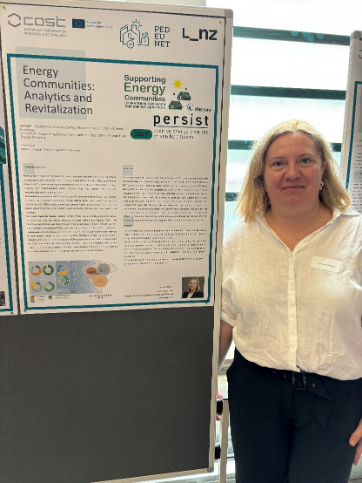
Workshops
Kickoff Workshop, University College Dublin, November 26-27, 2021

Université libre de Bruxelles, September 1-2, 2022

INRIA Lille, January 26-27, 2023
Riga Technical University, October 9-10, 2023

Wrap-up Workshop, University College Dublin, December 2-3, 2024
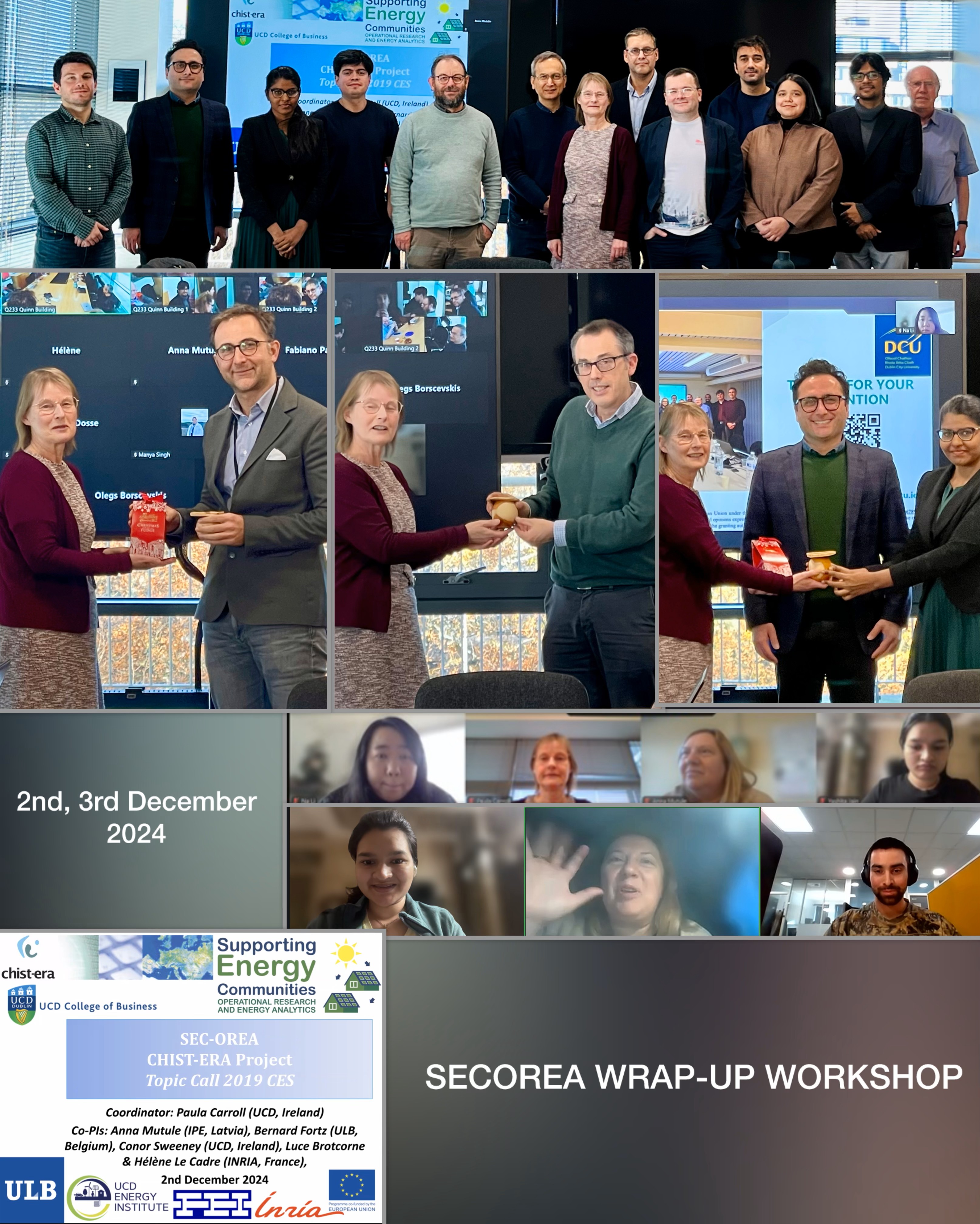
Reports
1.1 Data management plan
We created a data management plan using a template provided by Digital Curation Centre (DCC): https://dmponline.dcc.ac.uk/plans/78012/overview. This gave us the framework to agree the types of data and their format to be sourced and shared between the partners. We mainy use open source data such as IEEE test bus sytems https://ieee-dataport.org/keywords/ieee-test-systems, climate data from the Climate Data Store https://cds.climate.copernicus.eu/ as well as meterological data and other data from the partners' countries, for example Met Éireann https://www.met.ie/climate/available-data/historical-data
1.2 Visualization platform V1
Yashita Jain and the UCD team created a visualisation tool to assist Local Energy Communities to estimate PV production. All partners share their requirements for such a tool wich is available on our website along with a USer Guide. The PV modelling tool was trained on empirical data of PV production in the UCD campuses in Dublin: https://visualisation.secorea.eu/.
1.3 Platform + Data archive
Our code and models described in our reports and publications are available in our GitHub repository.
2.1 Climate RES scenarios
We have explored climate services and meteorological data to create high quality Renewable Energy Source generation predictions for both wind power and photovoltaic options. We published our comparison of climate data sources for wind power in https://doi.org/10.3390/wind2020018 Since Photoviltaics (PV) are more suitable in urban areas, we also evaluate PV as a renewable energy source.
2.2 LEC/SM demand scenarios
We use open source data, such as the Irish smart meter consumer behaviour trial, and data from the partners' institutions to estimate electricity demand patterns. We also create Reference Load Profiles for potential Local Energy Communities on a University campus using empirical data from University College Dublin’s Building Energy Management System.
2.3 LEC design options
This work package focuses on the interplay of network expansion decisions of the distribution system operator (DSO) and the investment decisions of local energy communities (LECs) in distributed energy resources, by implementing a mixed-integer bilevel optimisation model, with the upper and lower levels corresponding to the DSO and LEC decisions respectively. A robust optimisation approach is adopted in order to factor in the impact of spatio-temporal uncertainty in photovoltaic (PV) power supply and electricity demand on the stakeholder decisions. Considering the temporal correlation between PV supply and electricity demand, correlated uncertainty sets are constructed based on optimal time windows to further reduce the conservatism of the robust optimisation method for obtaining optimal solutions. Empirical data from the UCD Building Energy Management System (BEMS) are utilised to design the correlated uncertainty sets and test instances for performing computational experiments based on the optimisation model to provide managerial insights for DSOs and LECs.
3.1 Optimal decision-making considering multiple stackeholders
The work carried out under the SEC-OREA project aims to enable LECs to actively participate in decarbonizing the energy sector through advanced computational methods. This has involved developing mathematical optimization models and algorithms designed to accurately capture complex interactions within local energy systems characterized by multiple stakeholders and hierarchical decision-making processes.
The broader context involves the ongoing transformation of electrical power systems driven by decentralized energy production, active distribution networks, and increased prosumer participation. These developments bring significant opportunities for sustainability and energy resilience but also introduce new challenges related to multidirectional power flows, grid stability, and coordinated decision-making among diverse stakeholders.
At the core of this research are mathematical programs with equilibrium constraints (MPECs), bilevel optimization frameworks, and game-theoretical models. These methodologies effectively represent hierarchical and strategic interactions within energy markets and distribution systems. A generalized MPEC model has been formulated, capable of encapsulating a wide range of energy system scenarios, from classical equilibrium problems to complex bilevel optimization setups.
A significant area explored in this project is non-cooperative game theory, particularly the concepts of Nash equilibrium and generalized Nash equilibrium problems (GNEPs). Jointly convex GNEPs have been extensively investigated, demonstrating their suitability in modeling local electricity market scenarios where stakeholders' feasible strategies are interdependent. The use of the Nikaido-Isoda reformulation is highlighted as an effective technique for analyzing and computing equilibrium points, ensuring stability and uniqueness in prosumer market interactions.
Additionally, the research addresses mixed-integer bilevel linear programming (MIBLP) challenges, particularly examining conditions necessary for solution existence when upper-level variables influencing lower-level constraints are continuous. Through theoretical insights, classical existence conditions have been extended and successfully applied to planning scenarios typically encountered by local energy communities.
The project has also led to the development of exact solution methodologies for MIBLPs, integrating global optimization techniques with advanced branch-and-bound algorithms. A computational package in Julia was created specifically to handle complex optimization problems, including sophisticated branching strategies on continuous linking variables.
Furthermore, recognizing the inherent uncertainty in renewable-based local energy systems, bilevel optimization under uncertainty has been explored through stochastic and robust optimization methods. Identified gaps within current literature, notably the need for robust formulations accommodating continuous probability distributions and mixed-integer constraints at the lower level, have set directions for future research in robust optimization under realistic uncertainty conditions.
Practical applications of these advanced optimization frameworks have been demonstrated in local energy communities and markets, addressing operational aspects such as voltage regulation and secure market integration. Comprehensive models integrating physical and virtual energy layers illustrate how advanced mathematical frameworks significantly enhance the operational efficiency and stability of active distribution networks supporting local energy communities.
Ongoing efforts include applying risk-averse optimization methods, specifically the Conditional Value at Risk (CVaR) approach, to design resilient distribution systems. This contribution aims to support robust decision-making under uncertain energy market conditions, further enhancing the ability of local energy communities to achieve their decarbonization objectives.
4.1 Deterministic & decomposition techniques
The Unit Commitment (UC) problem is one of the typical approaches to address the energy dispatch problem from the point of view of a DSO in order to satisfy the energy demand in such a way that operational costs are minimised. This problem involves decisions about a set of power generating units in terms of their operation in different periods. The decisions involved in this problem are divided into two: discrete decisions, related to the switching on and off of the generating units in different time periods; and continuous decisions, related to how much energy the generating units produce in each period.
The mentioned structure suggests a possible solution strategy called Benders’ decomposition. The idea behind this strategy is to solve a problem that considers only discrete decisions, their respective constraints and their respective costs, and then solve a second linear problem that considers only continuous decisions using as information the discrete decisions taken previously, including constraints for these decisions and including costs associated with them. The second problem has two possible outcomes of interest:
- The problem is infeasible: using duality properties in linear programming, it is possible to generate feasibility constraints (called feasibility cuts) which must be added to the discrete decision problem and obtain a different solution.
- The problem has a finite optimal solution: in this case, this finite solution corresponds to a lower bound of the costs of continuous decisions, so constraints (optimality cuts) must be generated in the discrete decision problem to ensure a cost equal to or greater than that obtained by the problem with continuous decisions.
4.2 Prototype Algorithms
For benchmark instances of the UC problem, the solving time using Bender’s decomposition was compared to the solving time solving the UC problem with a commercial solver with access to academic licenses. The result was that the commercial solver solves these instances much faster than the Benders’ decomposition.
4.3 Robust model with scenario generation
The main constraint of the UC problem is the satisfaction of energy demand for each period. In theory, energy demand is uncertain, and on the other hand, if renewable energy sources are to be included in the problem, their availability is also uncertain. That is why a strategy to deal with uncertainty must be adopted. Robust optimization is a subtopic of optimization that deals with uncertainty. To adequately address the UC problem using a robust optimization approach, it is necessary to have historical data to be able to approximate the necessary parameters and generate likely scenarios for both energy demand and renewable energy availability.
4.4 Algorithm implementation
To solve the robust version of the UC problem, two solution strategies were implemented:
- Consider the problem as a two-stage problem: very similar to Benders' decomposition, discrete decisions are proposed to be first-stage decisions, and then continuous decisions are considered as second-stage decisions. This requires a set of energy demand and renewable energy availability scenarios, so that the second-stage decisions are feasible for all scenarios in the set of scenarios.
- Reformulate the problem in such a way as to obtain a fully adaptive decision policy: By reformulating the continuous decisions as (linear) functions of the different energy demand and renewable energy availability scenarios, solutions are obtained that allow adjusting the energy production depending on the variations resulting from the scenarios.
Preliminary results show that the problem statement as a two-stage problem can be quickly solved using a column and constraint generation method. However, the two-stage approach may be infeasible in the context of operational decision making, unlike the adaptive approach.
5.1 Reference system architecture
The report delineates a reference system architecture tailored for Local Energy Communities (LECs), comprising literature reviews on legal structures, performance metrics for LEC modeling, and key steps for digital twin development. It delves into legal forms of LECs, analyzing their purpose, membership, profit application, and includes case study examples. Additionally, it outlines a general optimization framework and a universal prosumer model.
Exploring diverse legal forms of LECs in Section 2, it scrutinizes their purpose, membership structures, and profit applications, illustrated through case studies. Section 3 details the general framework for LEC mathematical optimization models and the universal prosumer model, aiming for a versatile model adaptable to various community sizes. It elucidates the local energy community concept, its infrastructure model, scenario development methodology, and objectives like cost reduction, energy production, and carbon footprint reduction.
Three primary objectives for LECs are maximizing renewable energy production, minimizing impact on grid connection capacity, and boosting self-consumption. Constraints include grid connection availability, shiftable load, and energy storage. Section 3.3 ranks scenarios based on effectiveness indicators, showcasing the correlation between CO2 reduction and locally consumed renewable energy. It highlights the positive impact of demand-side response and energy storage on self-consumption and system optimization.
Section 3.4 demonstrates the feasibility of a universal prosumer modeling object for simulating steady-state load-flow in LEC electric power systems. It employs custom control blocks and interfaces to streamline power flow modeling, reducing resource requirements. Section 3.5 creates an electric power system model for steady-state active power distribution within an LEC, utilizing MATLAB Simulink for a configurable load-flow model with interfaces to external software.
Sections 4 and 5 expound on the V-model methodology and digital twin development, complementing each other in defining reference architecture. Overall, the report emphasizes integrating technologies for energy efficiency in LECs, with the universal prosumer model facilitating versatile simulations for holistic operational analysis.
5.2 LEC Roadmap
The report presents a structured roadmap for the design, planning, and operation of LECs, providing a framework for stakeholders involved in the establishment and management of LECs. Section 1 outlines the fundamental elements of LECs, focusing on legal frameworks and technical systems. It emphasizes the importance of understanding the regulatory landscape and technological options to support viable and sustainable community energy solutions.
Section 2 details the planning phase, highlighting the importance of goal identification, situation awareness, scenario development, and decision-making. It acknowledges the complexity of energy planning due to overlapping processes of planning and technical design, which require iterative refinement and adaptation to changing circumstances.
Section 3 focuses on the design of LECs, addressing technological, economic, social, and legal considerations. This section provides guidelines for translating high-level goals into practical actions, including the selection of appropriate energy resources and conversion technologies to optimize community performance and sustainability.
Section 4 discusses the implementation phase, covering essential aspects such as regulatory compliance, risk assessment, financial management, equipment procurement, and construction. It emphasizes the importance of developing achievable timelines, ensuring proper execution, and implementing robust monitoring mechanisms.
Section 5 addresses the operational phase, emphasizing the need for continuous monitoring, maintenance, and optimization to enhance reliability, efficiency, and sustainability. The roadmap highlights processes such as real-time monitoring, fault detection, load forecasting, demand response, and ongoing adaptation to technological advancements and regulatory changes.
The report concludes by underscoring the significance of adopting a proactive, adaptable approach throughout the entire lifecycle of LEC development. It aims to provide decision-making support for stakeholders dedicated to advancing green and community-owned energy solutions by offering practical guidance and actionable advice across all stages of LEC implementation.
5.3 LEC Glossary & Concepts
The report establishes a structured reference framework to harmonize terminology associated with LECs, encompassing technical, legal, operational, and economic aspects. It provides definitions for key concepts, categorizes them into thematic areas, and applies them through case studies to enhance clarity and consistency for stakeholders.
Section 2 explores the Evolution of the Energy System and LEC Integration, emphasizing how decentralized, customer-centric models are transforming traditional energy systems and reshaping distribution, consumption, and governance. It addresses terms like distributed generation, self-consumption, prosumers, and renewable energy potential.
Section 3 details Legal and Regulatory Terminology, defining key policy frameworks and regulations affecting LECs, including grid tariffs, support schemes, citizen energy communities, and renewable energy communities, ensuring stakeholders can navigate complex legislative landscapes effectively.
Section 4 covers Technical, Operational, and Economic Terms, providing precise definitions for technologies, processes, and strategies essential for LEC functionality, such as smart metering systems, load profiles, forecasting, optimization, and energy management systems.
Section 5 highlights Digital Resources for Modelling and Optimizing Local Energy Systems, promoting the use of open-source tools and data for effective LEC planning, analysis, and optimization, emphasizing collaboration, transparency, and cost-efficiency.
Section 6 presents Case Studies, showcasing the practical application of glossary terms across various contexts, including scenario-based modelling, optimization frameworks, business models, and digital twin development, enhancing the glossary's relevance and usability.
Section 7 concludes by reinforcing the glossary’s role in fostering shared understanding, promoting interdisciplinary collaboration, and supporting the advancement of LECs through consistent terminology and practical examples.
6.1 Collaboration Plan
At the outset, the SEC-OREA partners signed a collaboration agreement based on a Horizon Europe template. Working together using video conferenceing toole for online meetings, and the Google suite for online collaboration worked well.
6.2 Workshops
The SEC-OREA partners held successfule workshops at each partner’s location and connected with local stakeholders to hear their concerns and share learnings. See above in the Workshop section for details!
6.3 Reports/Papers
Summaries of our reports are outlined abobe. The content is being disseminated in the academic conference and journal papers listed in the Dissemination section.
